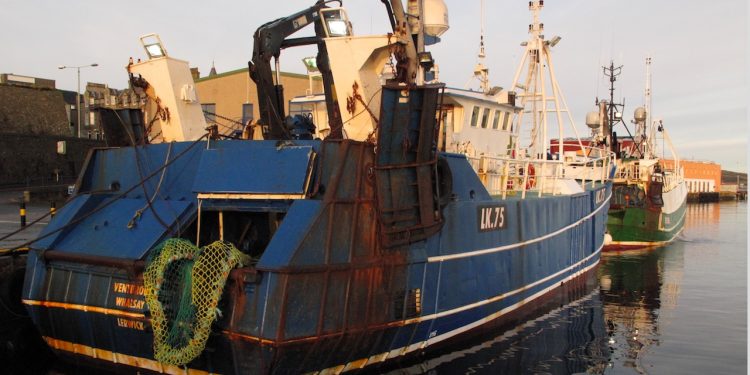Following Britain’s departure from the European Union, the new Marine Fund Scotland (MFS) replaces the European Maritime and Fisheries Fund (EMFF).
The EMFF supported significant sustainable growth in the marine economy in coastal communities, in sectors such as fishing, aquaculture and seafood processing and committed over £96 million to coastal communities across Scotland since it opened in 2016. It is now closed for new applications, but will continue paying grants until 2023.
The MFS has a one year budget of £14 million, meaning all projects must be completed by 31st March 2022.
‘MFS will replace the outgoing EMFF and support growth in our Blue Economy, provide vital investment in the Scottish marine industries and seafood sectors and protect jobs and livelihoods in our coastal communities at a time when many are facing acute hardship due to Brexit and the pandemic,’ said Scotland’s Fisheries Secretary Fergus Ewing.
‘In setting up this fund we’ve been consistently clear that the funding provided by the UK Government must match the scale of Scotland’s marine responsibilities and the value of our marine industries. However, what has been provided so far for Marine Fund Scotland has been wholly inadequate and far more is needed.’
He stated that Scotland is prevented from making long term strategic investments as the UK Government will only provide funding on a one-year basis whereas the EMFF provided multi-year allocations.
‘Based on the EMFF budget for 2021-2027, and on our sea area alone, an equitable and evidence-based funding share would be £62 million per annum. We have not received that despite the UK Government promising to match EU funding. Rest assured, we will continue to press the UK Government to make good on those pledges as this reduced funding will inevitably limit what we are able to achieve for our fishers and coastal communities,’ he said.
‘Additionally, the UK Government must also deliver on its promise to provide £100 million to support fishing industry innovation and modernisation, with an equitable share for the Scottish catching and processing sectors. Anything less would effectively mean that Scottish businesses and coastal communities being short-changed; adding insult to the injury of new trade barriers arising from the Brexit deal.’









